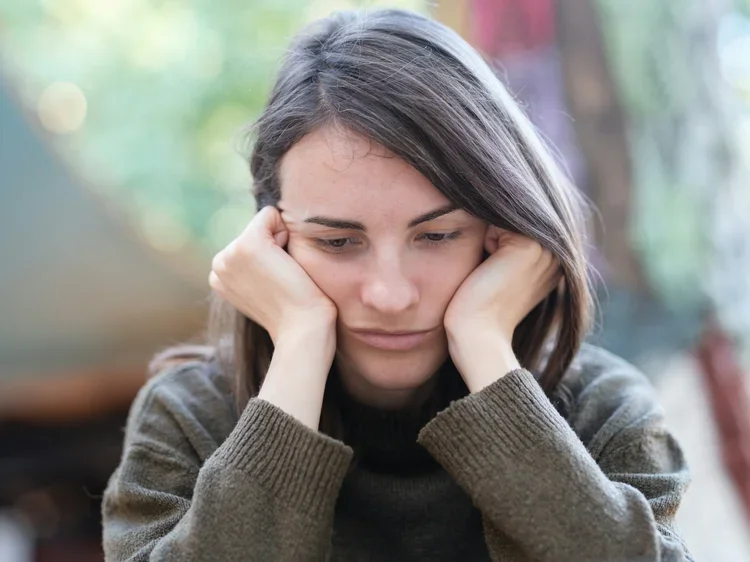Anxiety Recovery: Finding Your Way Back to Calm
Anxiety can feel like it takes over your life. It creeps into your mornings, interrupts your sleep, and makes even simple decisions feel overwhelming. When you’re caught in that cycle, the idea of recovery might feel distant, or even impossible.
But here’s the truth: recovery doesn’t mean never feeling anxious again. It means learning how to move through anxiety with more awareness, compassion, and choice. It’s about regaining a sense of safety, calm, and control in your life—even when anxiety shows up.
In this article, we’ll explore what anxiety recovery really looks like, the small but powerful steps that make a difference, and how therapy can support you along the way.
What Is Anxiety Recovery?
Recovery is often misunderstood. Many people think it means “fixing” anxiety or eliminating it completely. But anxiety is a natural human response-it’s not something we can switch off.
Instead, recovery is about changing your relationship with anxiety. It means:
Understanding your triggers and patterns
Learning tools to regulate your nervous system
Finding ways to stop fear from running your life
Building resilience so you can face challenges with more ease
When you see recovery this way, it becomes less about fighting anxiety and more about reconnecting with yourself.
How to Recover from Anxiety: First Steps
Recovery doesn’t happen overnight. It unfolds gradually, in small, consistent steps. Some of the most effective approaches include:
Grounding techniques – using breath, touch, or your senses to bring you back into the present moment
Reframing anxious thoughts – gently questioning whether your fears are facts or stories your mind is creating
Building daily routines – sleep, nutrition, and movement are powerful anchors for recovery
Compassionate self-talk – replacing harsh inner criticism with supportive, kinder words
Therapeutic support – creating a safe space in therapy to explore the roots of your anxiety and discover new ways of coping
Each of these steps reinforces the message: you are not powerless in the face of anxiety.
Anxiety Recovery Techniques You Can Try Now
Here’s one simple practice you can try today:
Pause and notice where you feel tension in your body.
Place one hand on that area-your chest, stomach, or jaw.
Take a slow breath in through your nose, and exhale gently through your mouth.
As you breathe, silently say to yourself: “It’s okay. I’m safe. I’m here.”
This small shift won’t erase anxiety, but it creates a moment of calm—a reminder that recovery is built one breath, one choice, one act of compassion at a time.
Why Therapy Supports Anxiety Recovery
For many people, recovery deepens when they feel supported by someone who truly listens. In person-centred therapy, we don’t give you a checklist or tell you who you should be. Instead, we create a safe space where you can explore your experiences without judgment, at your own pace.
Through this process, you begin to reconnect with your strengths, your resilience, and the parts of yourself that anxiety has overshadowed.
If you’ve ever thought, “I’ll always be like this”—therapy can help you discover that recovery is not only possible, but deeply personal.
Living in Recovery
Anxiety recovery isn’t about being free from worry forever. It’s about learning to live with more balance, presence, and peace.
You don’t need to have it all figured out. You don’t need to recover perfectly. You only need to take the next step—whether that’s pausing for a breath, trying a grounding practice, or reaching out for support.
Because recovery isn’t a destination. It’s a journey back to yourself.
If you’d like to learn more about therapy for anxiety and how it supports recovery, visit our
Final Thoughts
When life feels chaotic, overwhelming, or too much to bear, your breath is always available to you. It’s free, simple, and profoundly effective.
So the next time someone tells you to take a deep breath, try not to roll your eyes. Try it. Give yourself 10 seconds. Let it be enough.
Because sometimes, the smallest act of self-care is also the most powerful. Anxiety Therapy Page




